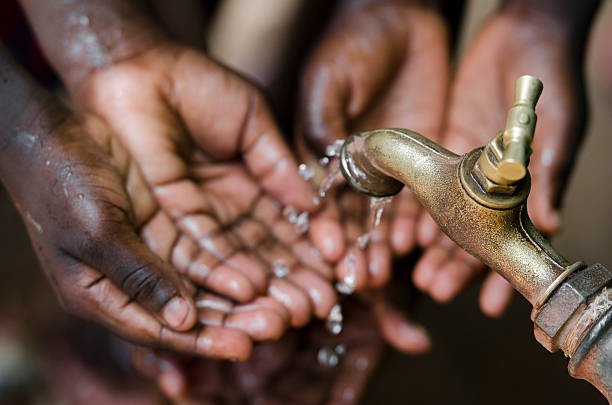On this page, we define the term “unequal access to basic services“
Definition of “Unequal Access to Basic Services“
Unequal access to basic services refers to the disparity in availability, quality, and affordability of essential services such as healthcare, education, clean water, sanitation, electricity, and housing among different groups within a society. This inequality can be seen across various dimensions such as geographical location, socio-economic status, gender, race, or ethnicity.
Factors Contributing to Unequal Access
1. Economic Inequality
The wealth and income disparities within a population can lead to significant differences in the ability to access and afford basic services.
2. Geographical Location
Those living in rural or remote areas may have fewer services available to them compared to urban areas, leading to an inequality in access.
3. Social and Cultural Factors
Discrimination based on gender, race, or ethnicity can create barriers to accessing essential services.
4. Government Policies and Infrastructure
The policies, regulations, and infrastructure developed and implemented by government authorities play a significant role in ensuring equal access to services. Failure in these areas may result in unequal access.
Examples in South African Context
- Healthcare: Unequal access to healthcare services in South Africa often correlates with socio-economic status and location, with those in impoverished communities having fewer healthcare facilities available.
- Education: Educational opportunities might be limited in rural areas compared to urban regions, and the quality of education can vary significantly.
- Water and Sanitation: Access to clean water and proper sanitation facilities may be lacking in some parts of the country, particularly in rural or underprivileged communities.
Impact of Unequal Access
Unequal access to basic services has broad implications on social well-being, economic development, and overall quality of life. It can perpetuate poverty, hinder development, and create social tensions.
Conclusion
Unequal access to basic services is a complex issue that requires comprehensive understanding and multifaceted solutions. It reflects deeper systemic inequalities that must be addressed through targeted policies, investments, and community engagement. In the South African context, with its unique historical and socio-economic landscape, addressing unequal access is imperative for building a more equitable and prosperous nation. By focusing on inclusivity, justice, and sustainability, societies can work towards ensuring that basic services are accessible to all, regardless of their circumstances.





